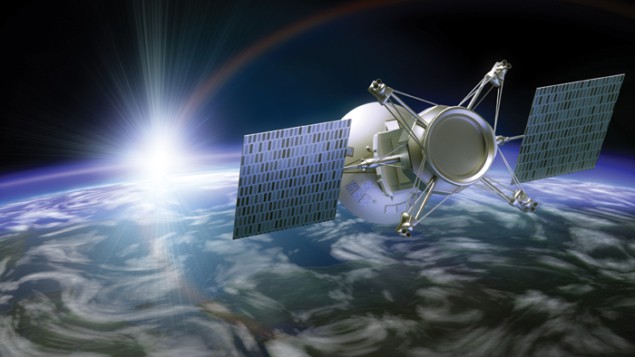Margaret Harris reviews Pinpoint: How GPS is Changing Technology, Culture, and Our Minds by Greg Milner

What has the US military ever done for us? While it is possible to respond to this question in a number of ways, for Greg Milner the most compelling answer is the time-and-navigation network known as the Global Positioning System. In his book Pinpoint: How GPS is Changing Technology, Culture, and Our Minds, Milner, a US-based science journalist, argues that this constellation of 31 satellites has had a greater impact on human civilization than almost any other development of the past quarter-century.
For readers whose experience of GPS is limited to sat-navs and smartphone mapping apps, this may seem like an overstatement. But as Milner shows, a plethora of other technologies – including crucial ones such as the “synchrophasors” that collect real-time data from electrical grids – also depend on the faint-but-oh-so-precise timing signal that GPS provides.
The importance of GPS is all the more impressive for the recent, accidental and insidious nature of its rise. The modern system was not operational until the 1980s, and its US military sponsors were astonishingly myopic about its potential. One of Milner’s many interviewees notes that when he informed superior officers that the system could tell them their exact location, a typical response was “Why do I need a damn satellite to tell me where I am?” Today, the number of GPS-enabled devices is in the billions, and putting numbers on the technology’s economic value is essentially impossible.
But Milner’s book is no mere gee-whiz success story. Chapters focusing on the system’s vulnerabilities and its usefulness in tracking people raise troubling questions about this apparently benign technology. Moreover, while the evidence for GPS changing the way we think is comparatively weak, the idea itself seems plausible. After all, Milner writes, “What is the world if not a maze through which we all navigate, using the tools and maps…at our disposal?”
- 2016 W W Norton $27.95hb 336pp



